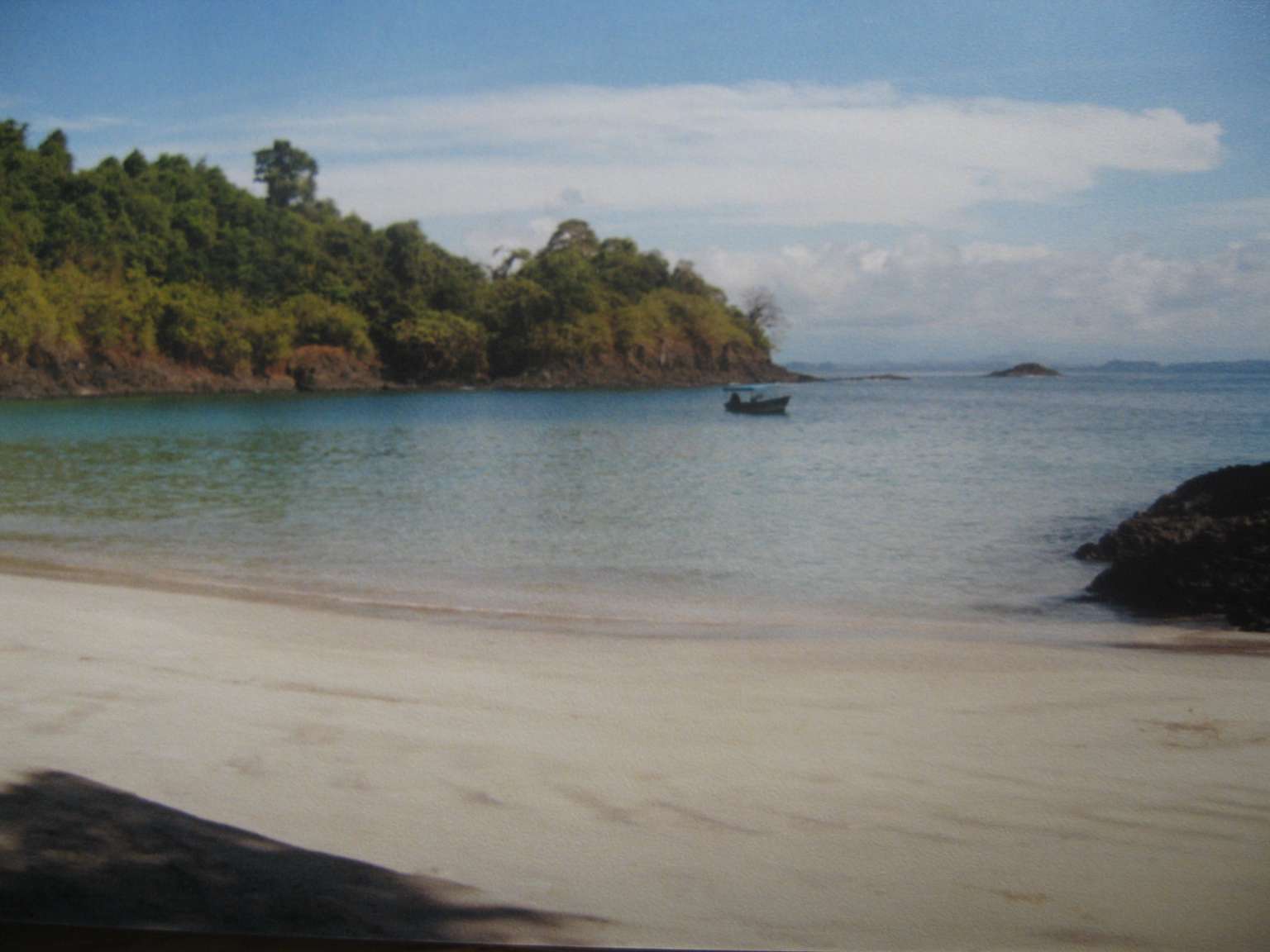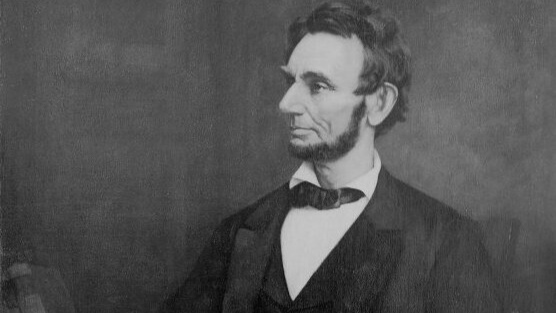During the turbulent years of the American Civil War, Abraham Lincoln led a nation divided by slavery, secession, and the redefinition of freedom. While he is universally recognized for the Emancipation Proclamation of 1863, less well-known is his support for a plan to relocate thousands of freed African descendants to Chiriqui province to establish a colony. A little-publicized episode, but revealing of the racial and geopolitical tensions of that time.
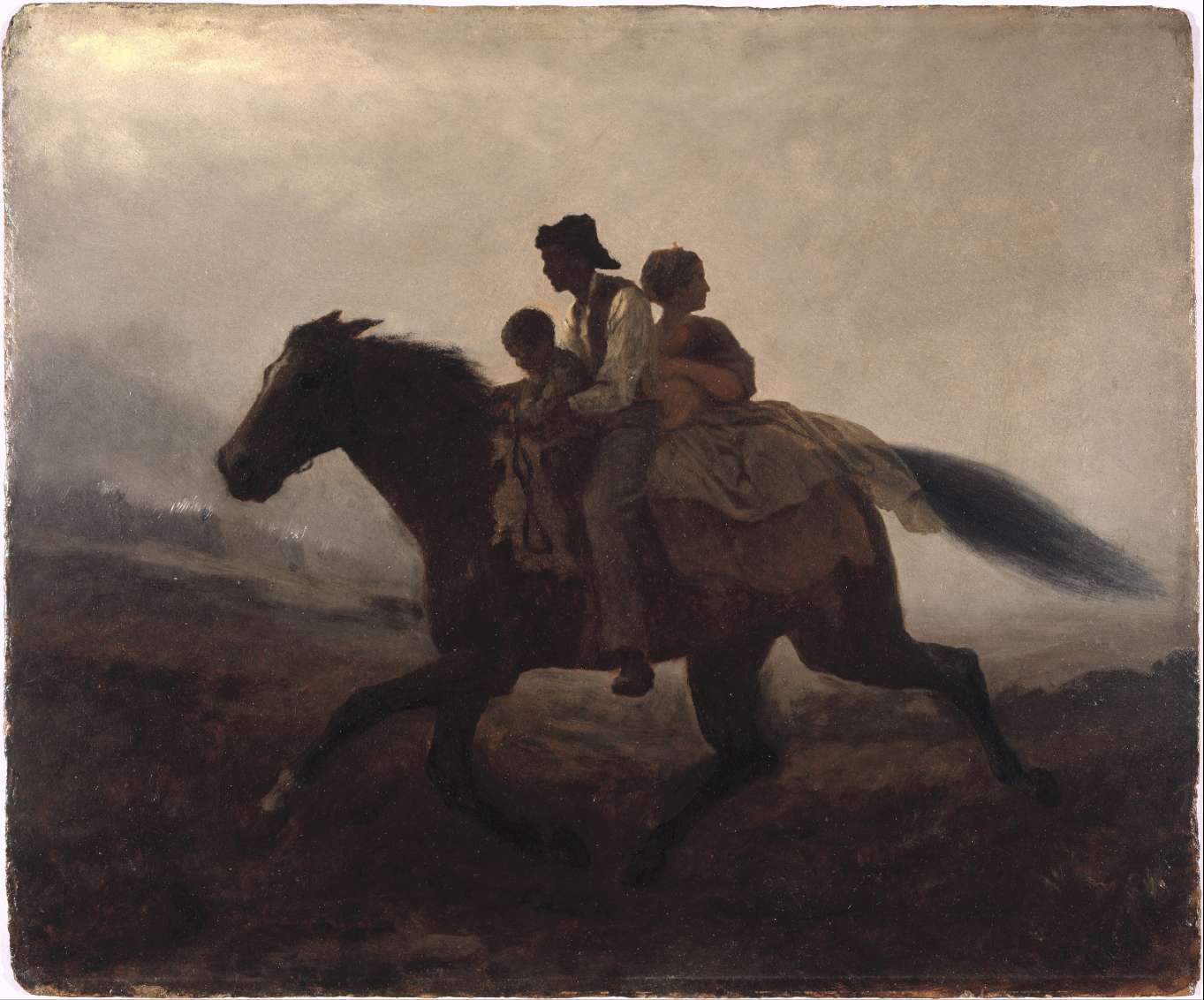
Possible Solution to Integrate African Descendants
The plan was promoted by Ambrose W. Thompson, a businessman with interests in the region and a promoter of African American emigration. His proposal found an echo in the Lincoln administration, which was seeking viable solutions for the integration of newly freed African descendants, who faced deep-rooted structural racism, a lack of rights, and a deeply hostile society in their own country.
Relocating up to 5,000 Free African Americans to Chiriqui
The idea behind the project was ambitious: to relocate between 3,000 and 5,000 free African Americans to Chiriqui, where they could start a new life away from the oppressive political and social climate of the United States. In theory, this settlement would not only offer economic opportunities and freedom, but would also ease internal tensions in the United States. However, in practice, the project encountered a series of obstacles that doomed it to failure.
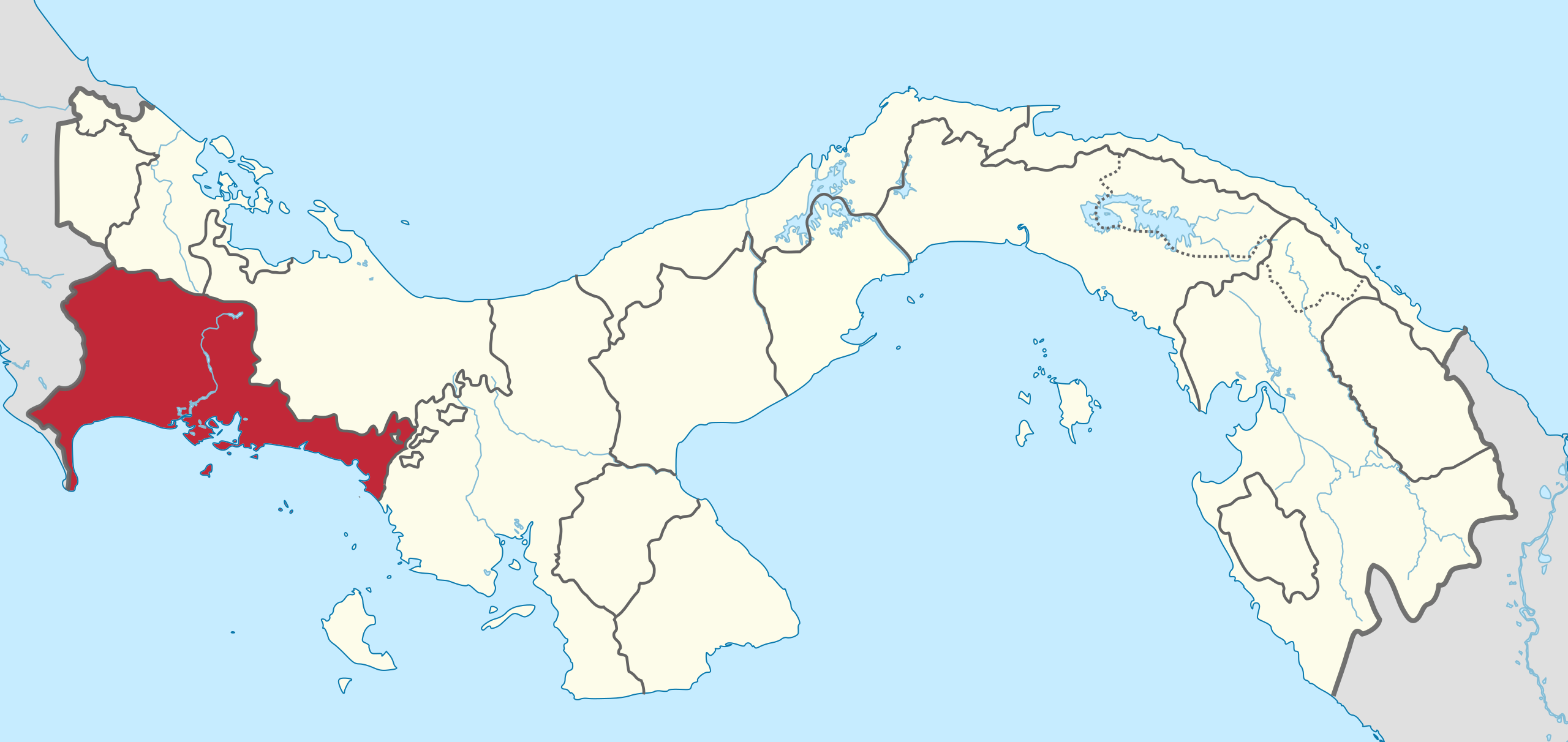
Logistical Difficulties and Opposition
The logistical difficulties were enormous. Organizing transportation, establishing housing, ensuring food and basic services for thousands of people in an underdeveloped territory represented an almost insurmountable challenge. Added to this was the opposition of Central American governments, concerned about possible US expansionist intentions, especially at a time when the region was strategic for future projects such as the interoceanic canal.
Furthermore, the plan received criticism within the United States itself. Sectors in Congress and civil society questioned not only its feasibility but also its moral basis.
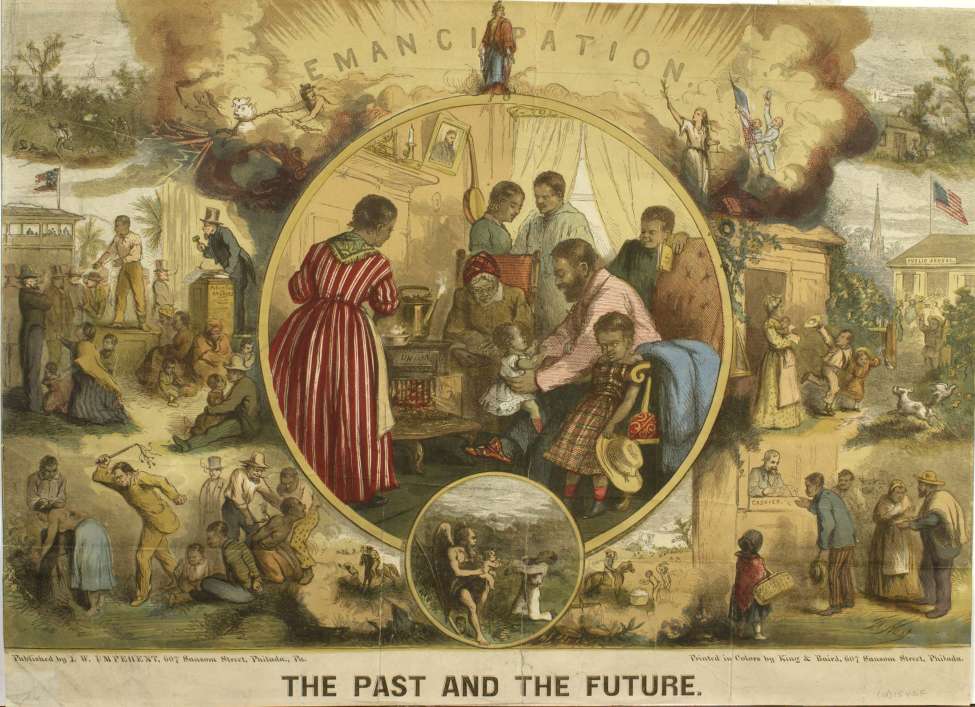
Project Abandonment
The project was abandoned in 1863, without a single Afro-descendant family settling in Chiriqui under this scheme. However, this episode reveals a little-known piece of history: the dilemma of a nation that freed its slaves without yet knowing how to integrate them with dignity. It also shows how Panama was targeted for a social experiment that, if it had been carried out, would have transformed the country’s demographic and political history.
